In a letter addressed to the members of the US congress, on 24 April 2023, Bruce Fein, a Counsel for Turkish Anti-Defamation Alliance and formerly an advisor to President Reagan, criticized the statement issued by the current US President Joe Biden concerning the events of 1915.
Joe Biden’s statement, according to Fein, “bears the same relationship to truth as the Anti-Semitic Protocols of the Elders of Zion or the fraudulent Donation of Constantine.” This is hardly surprising since “Mr. Biden’s statement was bought and paid for by the Armenian National Committee of America (ANCA).” Moreover, the ANCA glorifies “terrorist organizations like the Justice Commandoes of the Armenian Genocide and the Armenian Secret Army for the Liberation of Armenia.” In addition, the ANCA is responsible for portraying as a hero “convicted terrorist Harry Sassounian who assassinated Turkish Consul General Kemal Arikan in 1982 in Lost Angeles.” ANCA, furthermore, “incited the assassination by inculcating in the teenager implacable hatred of Turks for an alleged but unproven Armenian genocide.” In his letter Fein draws attention to the fact that there is an ongoing assault on the historical truth in connection with the events of 1915 due to “lavish campaign contributions and votes.” He quotes the famous saying by Mark Hanna, stating that “there are two things that are important in politics. The first is money and I can’t remember what the second one is.”
As a practicing lawyer, Fein also points out the obvious fact that “no court of law has ever affirmed an Armenian genocide. It has been disputed by the European Court of Human Rights, the United Nations.” Added to these is the number of respected scholars “such as Bernard Lewis of Princeton, Stanford Shaw of UCLA, Justin McCarthy of the University of Louisville, Gunter Lewy of the University of Massachusetts Amherst, and Israel’s Nobel Peace Prize winner Shimon Peres,” who rejected the charge of genocide concerning the events of 1915. Moreover, it should certainly not be forgotten that “No person or nation has ever even been accused of an Armenian genocide in a court of law,” which is a precondition for the charges of genocide to be sustained. It is precisely for these reasons “Armenia has refused to take their allegation for adjudication to the International Court of Justice for 73 successive years under Article IX of the Genocide Convention.” In other cases, rather than lobbying politicians, people brought their charges to the Internation Court of Justice, which was the case for example in “The Gambia’s pending suit against Myanmar for genocide of the Rohingya.” But strikingly Armenia has not done this: “The reason for the prolonged Armenian idleness is self-evident. They fear they will lose.”
According to Fein their fear is fully justified since “the Genocide Convention excludes politically motivated killings” and “Armenians themselves shouted from the rooftops at the post-World War I Paris Peace Conference that they died in large numbers fighting for the Triple Entente hoping for an independent Armenian nation.” Unlike in the case of the Holocaust, “the gold standard for proving genocide,” the Armenian losses “were anchored to a political dispute over independence from the Ottoman Empire.”
Unlike the Holocaust, after which “over 10,000 pages of documentary evidence and live testimony subject to cross-examination was submitted to the post- World War II International Military Tribunal sitting at Nuremberg” the Armenians produced nothing comparable: “Not a crumb of evidence introduced in a court of law and tested by the fires of cross-examination—the greatest engine ever invented for the discovery of truth. No equivalent of Mein Kamp or Kristallnacht. No equivalent of the Nuremberg decrees or extermination camps.”
And quite unlike the Nazi anti-Semitism and deep-rooted hatred for the Jews, the Armenians were “a favored minority in the Ottoman Empire serving at the highest levels of the civil service and the military” and the losses they suffered were “not disproportionate to the deaths of Ottoman Turks.”
After the defeat of the Ottoman Empire, the victorious Allies could not find any evidence regarding the culpability of the Ottoman Government:
“The Allied Powers had more than ample opportunity to prosecute Ottoman Turks for war crimes after World War I. The Ottoman Empire was in ruins. The Allied powers had access to all Ottoman archives in Istanbul. But they refrained for lack of reliable, admissible incriminating evidence. The release of the Malta detainees is exemplary.
The British arrested 144 high Ottoman officials and sent them to Malta 'to try and sentence the Turks.' An investigation on the mass killing of Armenians continued for two years based on Articles 230 and 231 of the Treaty of Sèvres. In addition to the Ottoman archives, every document deemed to be in America was examined. Proof of the 'Armenian massacre' was sought in Egypt, Iraq, and Caucasia. But no evidence was found that a British court would consider sufficient.”
The British Crown Prosecutor, therefore, announced on 29 July 1921 that the British government according to the evidence they collected “none of the Turks on Malta could be prosecuted for an alleged Armenian massacre. They were unconditionally released.”
Bruce Fein concludes his letter by noting that “big lies with political and financial backing” might have a long life as “the Protocols of the Elders of Zion are still taken as gospel in many countries in the Middle East.” And the Armenian version of the 1915 Events persists precisely because of “the rich backing of ANCA and their bought political toadies.” According to Fein It is deplorable and contemptible that “President Joe Biden has stooped so low” since such an act could only be “expected of despotic rulers, but not the President of the United States who purports to celebrate justice.”
*Picture: Attorney Bruce Fein (left), US President Joe Biden (right)
© 2009-2025 Center for Eurasian Studies (AVİM) All Rights Reserved

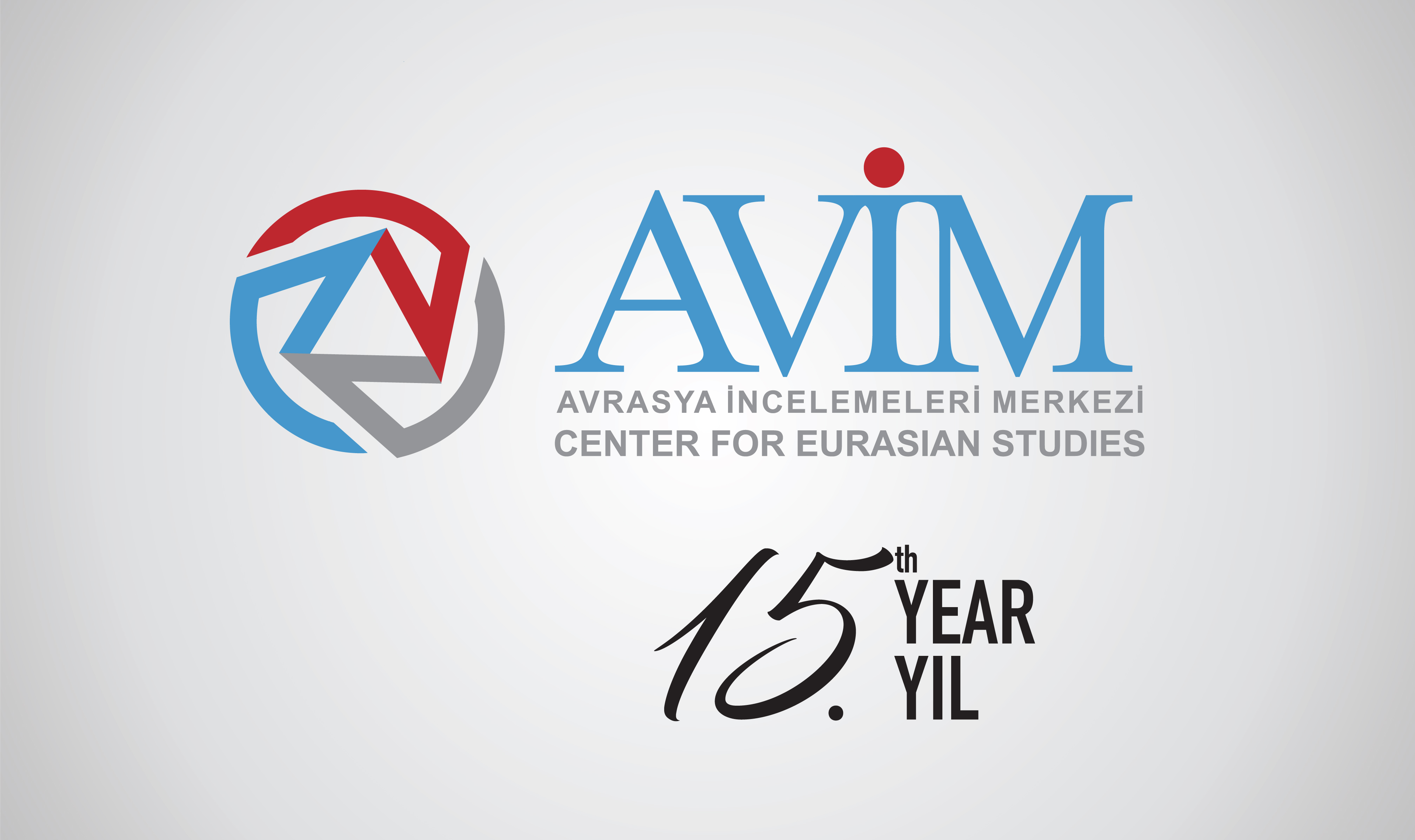 CELEBRATING 15 YEARS OF AVİM - A JOURNEY OF EXCELLENCE AND ASPIRATION
CELEBRATING 15 YEARS OF AVİM - A JOURNEY OF EXCELLENCE AND ASPIRATION
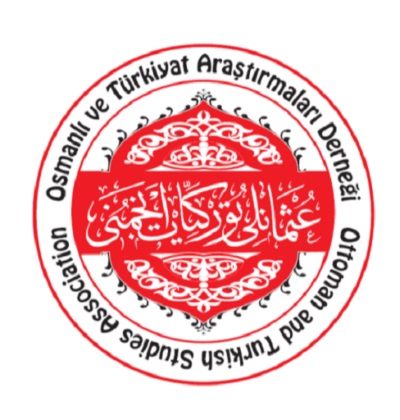 RENEWED ATTEMPTS OF THE CURRENT OTSA ADMINISTRATION TO REMOVE THE NAMES OF FUAT KÖPRÜLÜ AND HALİDE EDİP ADIVAR FROM THE OTSA AWARDS
RENEWED ATTEMPTS OF THE CURRENT OTSA ADMINISTRATION TO REMOVE THE NAMES OF FUAT KÖPRÜLÜ AND HALİDE EDİP ADIVAR FROM THE OTSA AWARDS
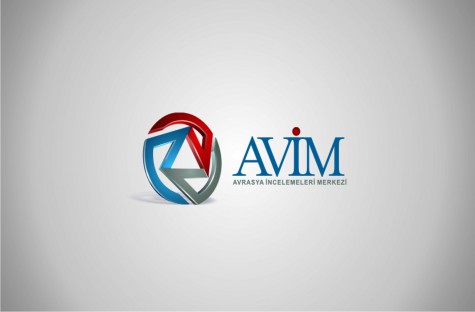 MONUMENT TO BE RAISED IN MEMORY OF THE MARTYS OF THE MINISTRY OF FOREIGN AFFAIRS OF TURKEY
MONUMENT TO BE RAISED IN MEMORY OF THE MARTYS OF THE MINISTRY OF FOREIGN AFFAIRS OF TURKEY
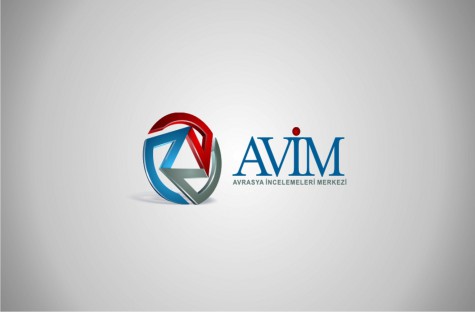 THIRD LEGAL VICTORY AGAINST ARMENIAN NATIONALISTS IN FRANCE
THIRD LEGAL VICTORY AGAINST ARMENIAN NATIONALISTS IN FRANCE
CHURCH PROPERTIES AND THE AMERICAN CONGRESS
 RENEWED EFFORTS TO MANIPULATE PUBLIC AND SCHOLARLY DISCOURSES ON THE ARMENIAN QUESTION BY FINANCIAL MEANS
RENEWED EFFORTS TO MANIPULATE PUBLIC AND SCHOLARLY DISCOURSES ON THE ARMENIAN QUESTION BY FINANCIAL MEANS
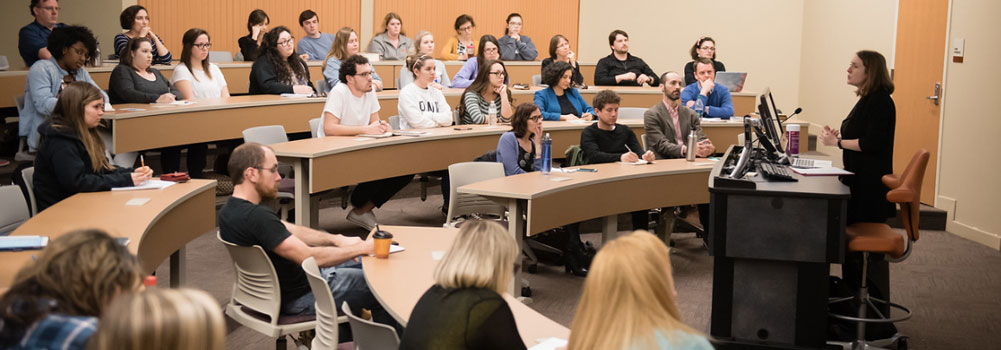 WORKSHOP ON ARMENIAN TURKISH SCHOLARSHIP: POLITICS AND GRATUITY AT WORK AGAIN
WORKSHOP ON ARMENIAN TURKISH SCHOLARSHIP: POLITICS AND GRATUITY AT WORK AGAIN
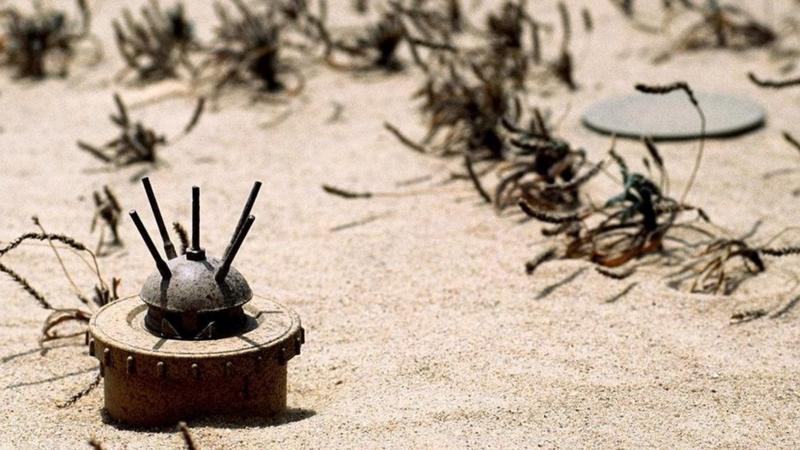 THE ISSUE OF MINE MAPS
THE ISSUE OF MINE MAPS




























